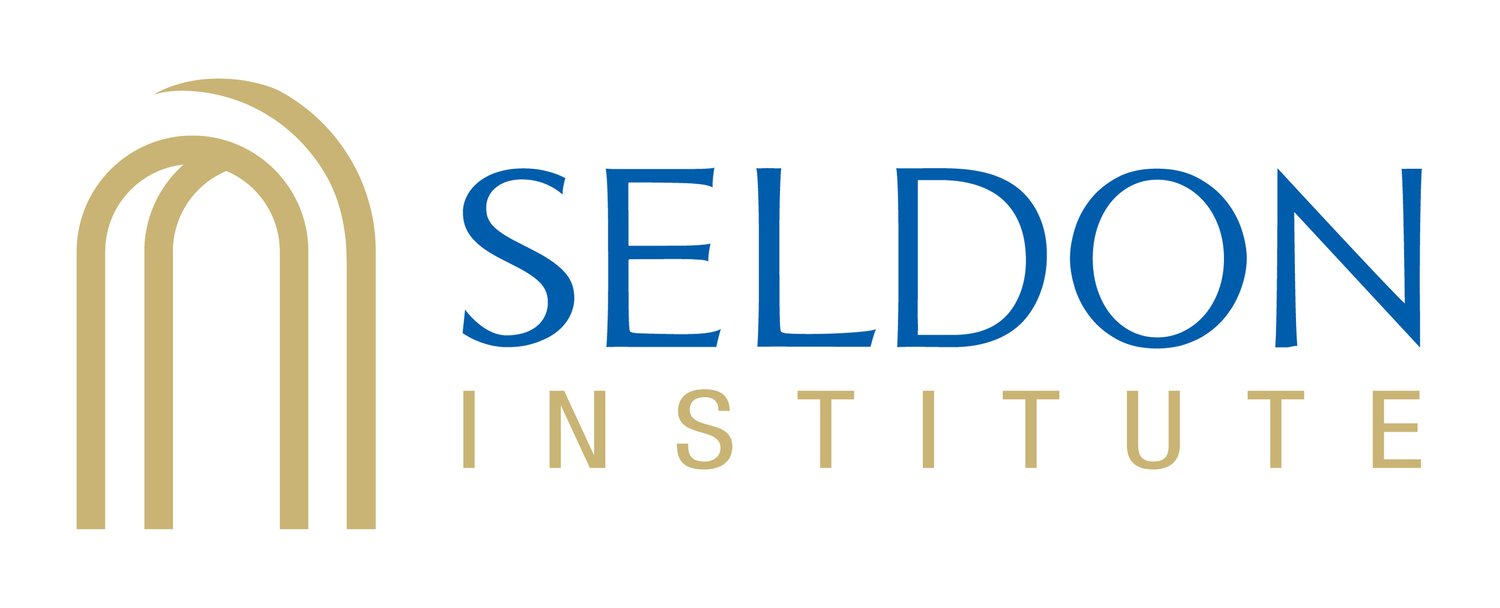Mapping Hyde Park
Mapping Hyde Park explores how religious, educational, and cultural organizations define “neighborhood,” and how these definitions impact programs, collaborations, and the ability to cultivate an inclusive community that authentically represents the diversity of its population.
Mapping Hyde Park — A Collaborative Neighborhood Experience
Whether institutional leaders are cognizant of the relationship of their respective organization to its neighborhood or not, it exists; and it extends well beyond the understanding of its leaders to that of its constituents and neighborhood residents.
Mapping Hyde Park—a collaborative, applied research project—seeks to map how religious, educational, and cultural organizations construct the neighborhood through their programming and collaborations. It asks the question: how do institutions define a neighborhood, not just in their rhetoric but in the ways they operate and occupy a local ecosystem?
Through an exploration of the various institutional definitions of "neighborhood," this project seeks to understand how these definitions were formed, how they inform organizational programs and services, how these programs are perceived by organizational constituents and intended audiences, how these organizations and their programs are perceived by surrounding communities, and what kind of programming can be offered to help engage Hyde Park communities in authentic conversation that work towards a more collaborative definition of neighborhood.
Hyde Park—home to the University of Chicago and other key educational, religious, and cultural institutions—is a diverse neighborhood that makes an ideal case-in-point to delve deeper into the definition of the term “neighborhood” and its implications.
Mapping Hyde Park is a Seldon Institute pilot project conceptualized by founder Dina Rehab while studying the Hyde Park ecosystem during the Institute’s two-year incubation period. This year, we are pleased to collaborate with the Mansueto Institute for Urban Innovation—a hub for urban scholarship, bringing together researchers to develop bold thinking about cities and shape positive outcomes in communities—and University of Chicago faculty award recipients of the Mansueto Institute Urban Innovation Grant (2024-25), Eman Abdelhadi and Alireza Doostdar. Special thanks to Emily Talen, Professor of Urbanism at the University of Chicago and author of Neighborhood (Oxford Press, 2019), for her valuable discussions and insights.
Eman Abdelhadi, lead project researcher, is a sociologist who uses mixed methods to study the intersection of gender, migration and religion. She is currently writing an academic manuscript entitled Impossible Futures: Why Women Leave American Muslim Communities, which illustrates how gender shapes Muslim Americans' relationships to their communities across the life course. Her academic work has been published in outlets such as Social Forces and Socius, and covered by the Associated Press, NPR and the Washington Post.
Eman is an assistant professor at the University of Chicago in the Department of Comparative Human Development. She received her PhD from New York University in 2019. Outside the ivory tower, Abdelhadi is a writer and organizer. In 2022, she published a co-authored novel with ME O’Brien, entitled Everything for Everyone: An Oral History of the New York Commune 2052-2072.
Alireza Doostdar is broadly interested in religious reason and its entanglements with science and the state. His primary focus is on Shi‘i Islam, which he approaches as a dynamic tradition shaped in dialogue with other religious and secular formations. As a West Asia specialist, he has conducted most of his ethnographic and archival investigations in Iran, but he situates the phenomena he studies in relation to global circulations that take his research far beyond Iran’s national borders.
Alireza is an associate professor of Islamic Studies and the Anthropology of Religion at the University of Chicago Divinity School. He is the Director of the Center for Middle Eastern Studies and co-Director of the Martin Marty Center for the Public Understanding of Religion at the University of Chicago. He received his PhD from Harvard University in 2012. His first book, The Iranian Metaphysicals: Explorations in Science, Islam, and the Uncanny (Princeton University Press, 2018) received the 2018 Albert Hourani Book Award from the Middle East Studies Association (MESA) and the 2020 Vinson Sutlive Book Prize from the Anthropology Department at William & Mary. His next book is a study of the theology of Satan in Iran since the Islamic Revolution.




